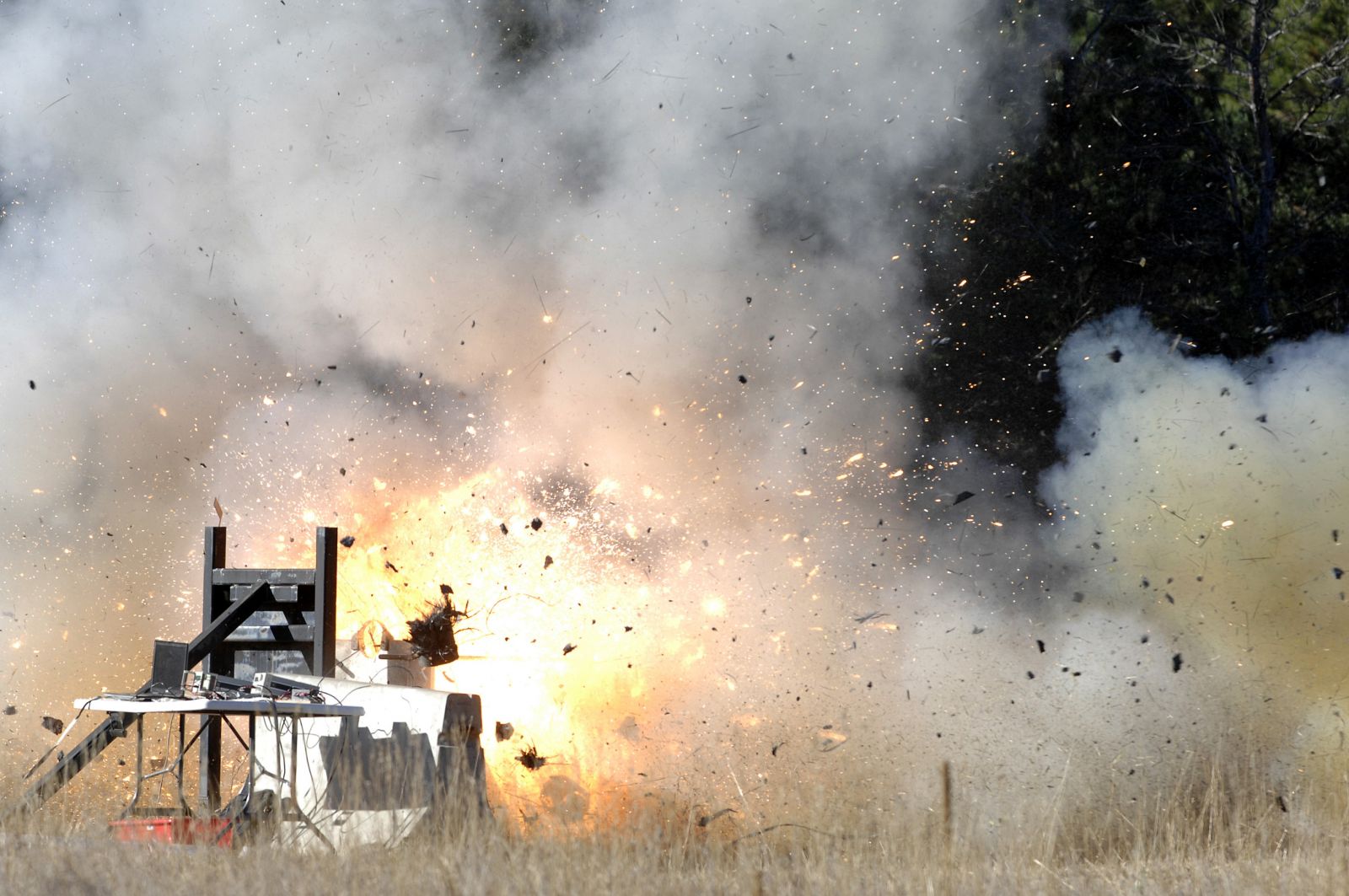DAMASCUS, Syria — A suicide bomber linked to the Islamic State (IS) group attacked a church in Damascus on Sunday, June 22, 2025, killing at least 22 people and injuring 63 others, in what officials have called the deadliest assault in the Syrian capital since the fall of the Assad regime last year.
According to Syria’s interior ministry, the attacker opened fire inside the Greek Orthodox Church of the Prophet Elias in the Dweila neighbourhood before detonating an explosive vest during an evening service.
The ministry said the assailant was affiliated with IS, although the jihadist group has not issued a claim of responsibility.
Photographs and video footage from the church showed extensive destruction: shattered pews, stained-glass windows blown out, and bloodstains smeared across the walls.
The altar appeared badly damaged in the blast.
Eyewitness Lawrence Maamari told AFP: “Someone entered [the church] from outside carrying a weapon” and began shooting.
“People tried to stop him before he blew himself up,” he added.
Another witness, Ziad, who owns a shop nearby, said he heard gunfire followed by a powerful explosion that sent glass and debris flying into the street.
“We saw fire in the church and the remains of wooden benches thrown all the way to the entrance,” he said.
The attack marks the first major act of terrorism in Damascus since Islamist-led rebel groups, including Hayat Tahrir al-Sham (HTS), ousted President Bashar al-Assad in December 2024, ending more than a decade of civil war.
The political transition has since been fraught with instability and sporadic sectarian violence.
The Greek Orthodox Patriarchate of Antioch described the bombing as a “treacherous” act.
“The treacherous hand of evil struck this evening, claiming our lives, along with the lives of our loved ones who fell today as martyrs during the evening divine liturgy,” it said in a statement.
The patriarchate also urged Syria’s interim authorities to “assume full responsibility for what has happened and continues to happen in terms of violation against the sanctity of churches.”
Interior Minister Anas Khattab, addressing reporters on Monday, June 23, 2025, said a specialised team had launched a full investigation into what he called a “reprehensible crime.”
“These terrorist acts will not stop the efforts of the Syrian state in achieving civil peace,” Khattab said.
The UN special envoy for Syria, Geir Pedersen, condemned the attack and urged Syrians “to unite in rejecting terrorism, extremism, incitement and the targeting of any community.”
US special envoy Tom Barrack described the attack as “a terrible act of cowardice” and called for renewed unity.
“These terrible acts of cowardice have no place in the new tapestry of integrated tolerance and inclusion that Syrians are weaving,” he said.
Syria’s interim President Ahmed al-Sharaa, whose Sunni Islamist-led administration has faced criticism over recent sectarian clashes, has reiterated promises to protect religious and ethnic minorities.
HTS, the former al-Qaeda affiliate he leads, remains designated a terrorist organisation by the UN, United States, and United Kingdom.
IS has a long history of targeting Christian and minority communities in Syria.
In 2016, the group claimed responsibility for multiple bombings near the Sayyida Zeinab shrine, a Shia Muslim holy site south of Damascus, which killed over 70 people.
Though IS lost its territorial control in Syria in 2019, the group remains active. A February UN report warned that IS could exploit Syria’s political transition to mount renewed operations.
The report estimated that between 1,500 and 3,000 fighters remain in Syria and Iraq, with around 300 located in the Badia desert — a hub for external attack planning.
Thousands of IS operatives and their families are currently held in detention facilities and displacement camps across Syria’s northeast.
UN officials have repeatedly called for long-term solutions to prevent the resurgence of extremist violence.
Sunday June 22, 2025’s attack has reignited fears that, amid a fragile post-war reconstruction, Syria may again become a battleground for extremist groups seeking to capitalise on instability.







